

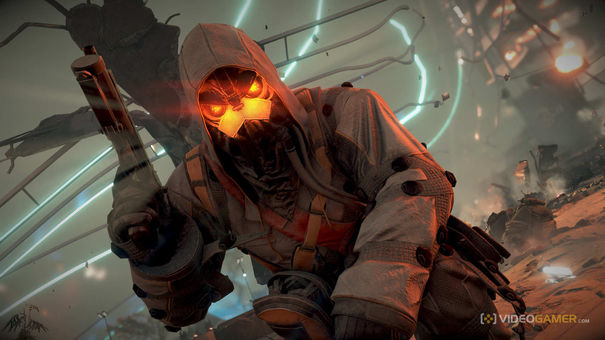

Let's start with the good. The first 30-40 minutes of Sony's (massively overlong) conference was a world away from the shameless, self-congratulatory boasting of the Kutaragi era, and better for it. There was no talk of Emotion Engines or Cell Processors or selling your children into slavery so you can afford one. Somewhere, Ken Kutaragi shook his head and turned away, as the Lonely Man theme played softly.
Instead, lead system architect Mark Cerny – who looked like a serial killer without (or maybe with?) make-up – explained that, essentially, the PS4 was a 'supercharged PC.' It has x86 architecture, and an impressive 8 gig of GDDR5 RAM.
So the system itself is fairly standard: no really complex proprietary gubbins for developers to commit near-suicide over, but powerful – and flexible – enough. There are some cool extras of course, with the hardware being tweaked for console use. We love the standby/instant resume, for example. Being able to instantly share video with friends, or spectate - even control - their games also sounds interesting.
Cross-compatibility with Vita and other mobile devices is also a good move, and one Sony really had to make. This isn't 2006 anymore. Accessing your content through a range of devices is the name of the game, and if Vita Remote Play actually works, then we'll be very happy indeed.
Gaikai also excited. Dave Perry's rather Pirate Bay-sounding slogan of "Try it for free, share it if you like it, pay only for the games you fall in love with," resonated, with players allegedly able to play games from the store with a touch of a button. Streaming the entire PlayStation back catalogue sounds brilliant: if they can get it to work, of course.
So the infrastructure sounds good: a sign that Sony, the great engineering and hardware giant, appreciates that we are now living in a world driven by software. Sadly what followed - demonstrations of PS4's supposed big-hitting killer apps - was mostly disappointing.
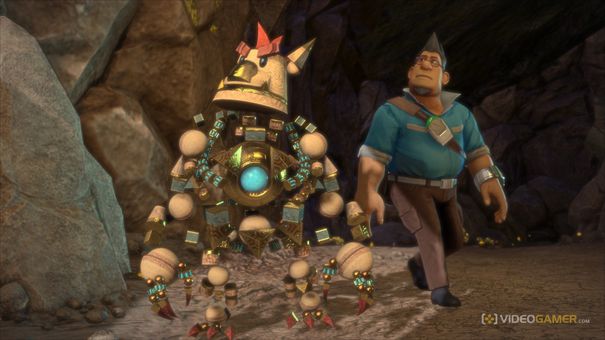
Knack, a physics-based game with a cartoon vibe developed by Cerny's own studio, wasn't the wow title people anticipated, nor did it show enough of itself to prove it deserved to be front and centre. Killzone looked really very pretty, but offered little else: par for the course then.
Square turned up for a while, showing a six-month old tech demo before promising more Final Fantasy. That you'll have to wait until E3 to see. Thanks for coming guys.
Activision piled in with Destiny, with Bungie's finest dragged up on stage to look as uncomfortable as anyone wearing a suit jacket-jeans combo should. Nice showboating - the first Bungie title on PlayStation for 10 years, you know - but dulled by the reveal of the game itself just last week. A typically po-faced David Cage turned up to blather about polygons in his own (thankfully) inimitable style.
There were bright spots: Media Molecule - Wii Music style brainfart notwithstanding - did what it does best, attempting to break away from established norms. And Deep Down pointed to an impressive new engine from Capcom.
Overall though, the games and demos were lacking. If this sounds overly negative, it's because Sony's humble explanation of its infrastructure gave exciting hints as to the games we could be seeing, and how we interact with them. Jonathan Blow hinted at self-publishing. We need an outlet for lower budget games that isn't relegated to a sub menu or draconian pricing structures. Diablo III was announced - what now for the auction house? Blizzard likes to do things its way. There has to be no more walled gardens, or at least make them as open as possible. Blow and Cerny's talks seemed to allude to new ways of interacting with games, and for the most part all we saw was the same old shit.
It may seem weird to get more excited by the infrastructure shown than the games, but things have changed. Time will tell if Sony delivers on even half of this stuff. And we'll need to see a lot more in the way of interesting, not just pretty, titles. If it can however, and it makes the PS4 merely the jumping off point for a vast interconnected service, then it is in business. For now, however, we'll remain cautiously optimistic. Just no more David Cage.

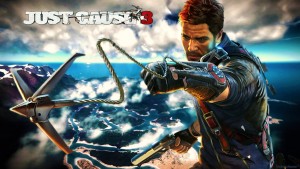
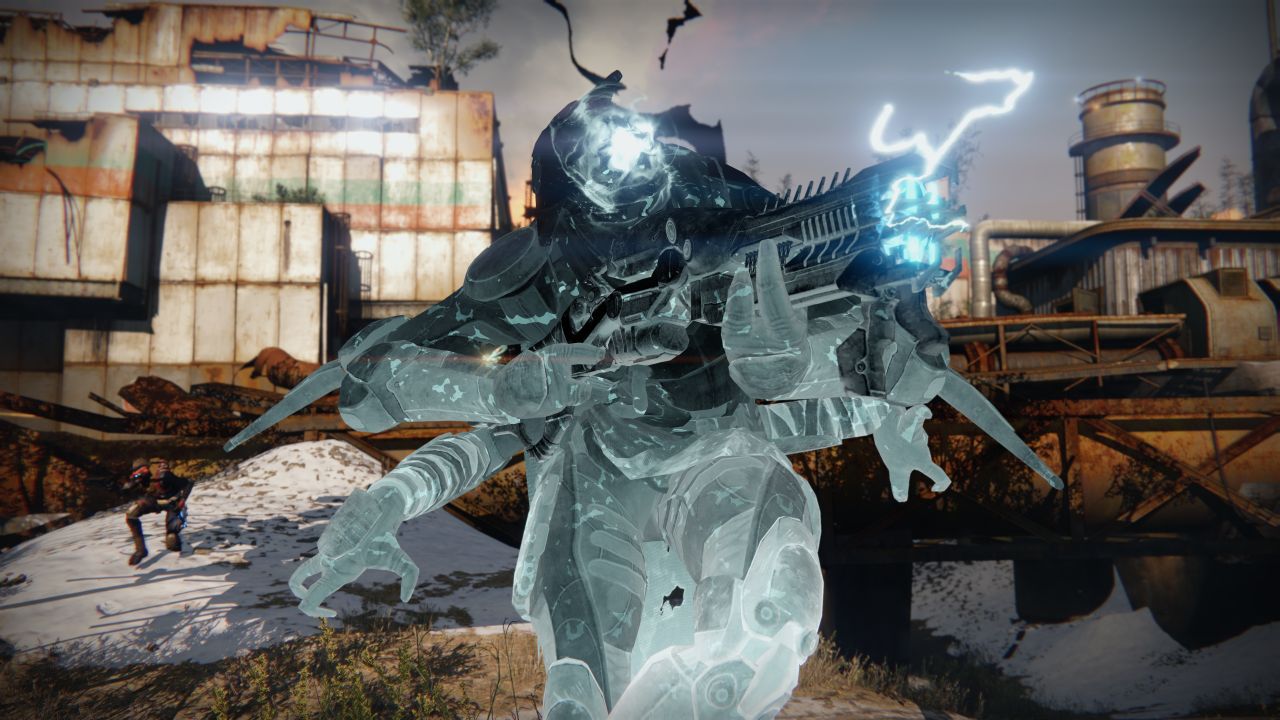
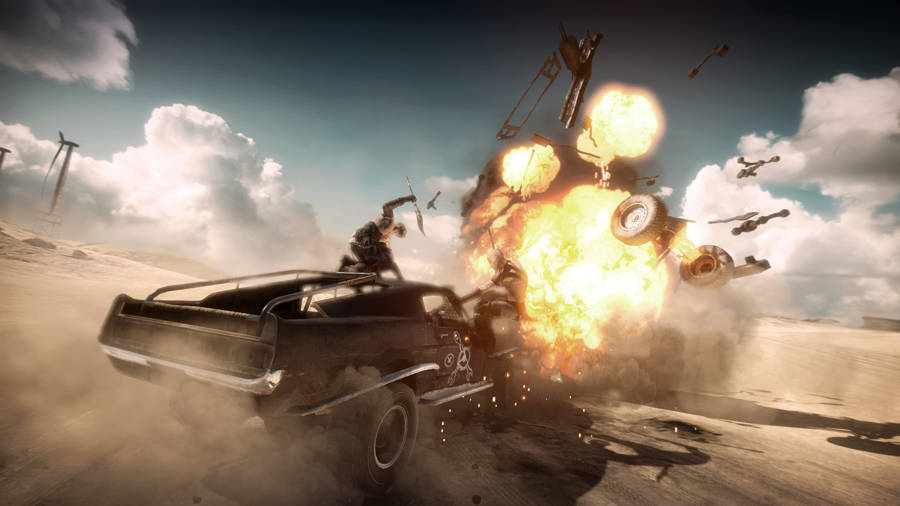
 Minecraft Mod Examination: Wild Caves
Minecraft Mod Examination: Wild Caves Torchlight 2: Melee Stunner Coup de Grace Engineer Build Guide
Torchlight 2: Melee Stunner Coup de Grace Engineer Build Guide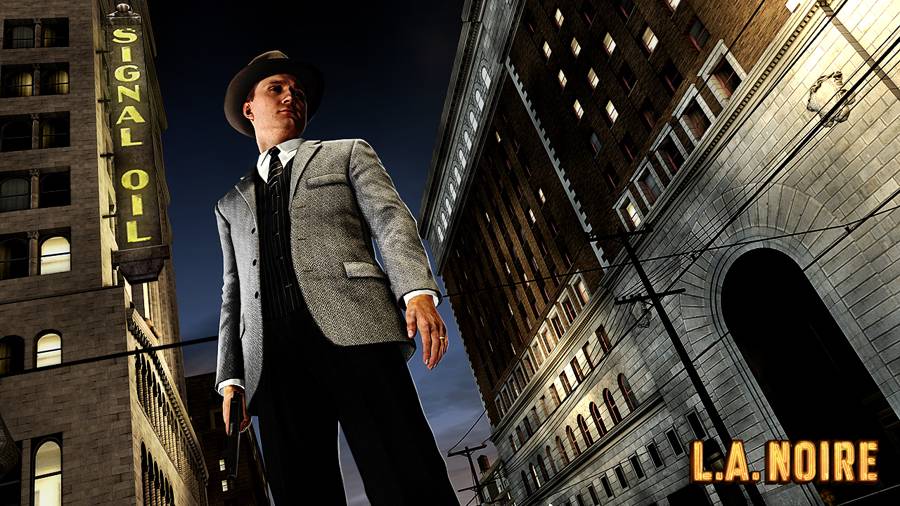 L.A. Noire House Of Sticks Guide
L.A. Noire House Of Sticks Guide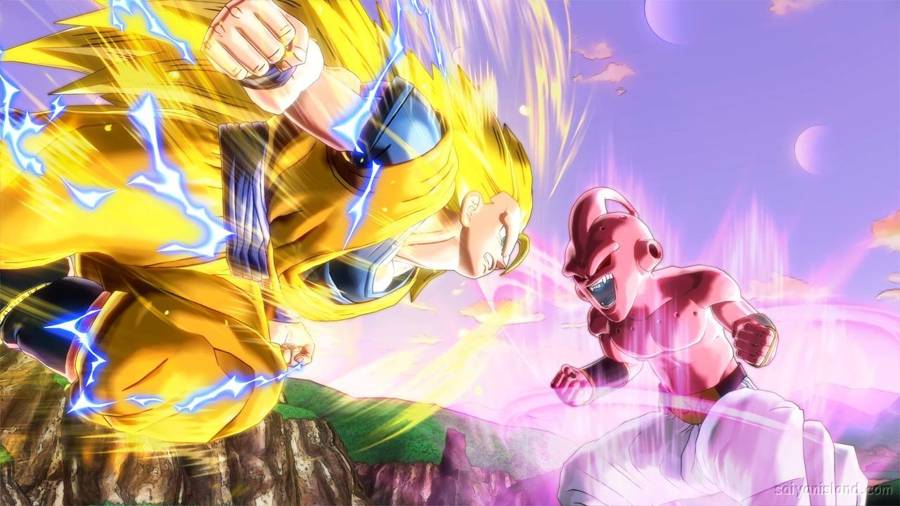 Dragon Ball Xenoverse Guide: Parallel Quests Guide
Dragon Ball Xenoverse Guide: Parallel Quests Guide . Plays April 14, 2013
. Plays April 14, 2013